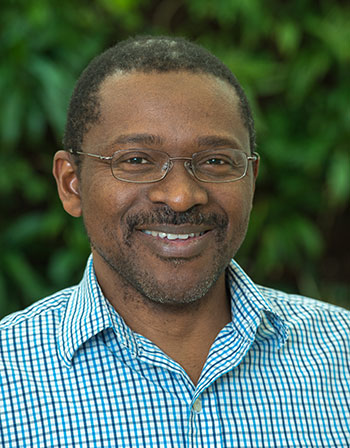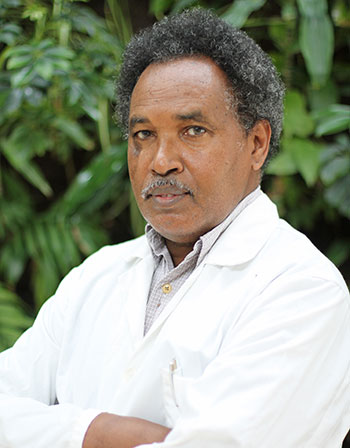Engineered technologies team

Before joining NSCC in January of 2013, Etienne was a research scientist at the University of Montreal Hospital Research Centre and a postdoctoral research associate at the University of Arizona in Tucson. He received his diploma of applied science in mechanical engineering and pedagogical sciences from the University of Douala in Cameroon. Etienne earned a masters of science in mechanical engineering and his first PhD in that same discipline at the Blekinge Institute of Technology in Sweden. He completed a second PhD in biomedical engineering at Concordia University.

Martin has extensive experience in the development of applied research programs. His expertise involving chemical and biological treatment processes and their applications to biotechnology/fermentation, aquaculture, food processing, water/wastewater, oil and gas production, make him a valuable asset to the team.
An Associate Professor in the School of Engineering at Acadia University, Martin continuously contributes to engaged-learning, innovative teaching methodologies for science, and engineering in a post-secondary environment.
